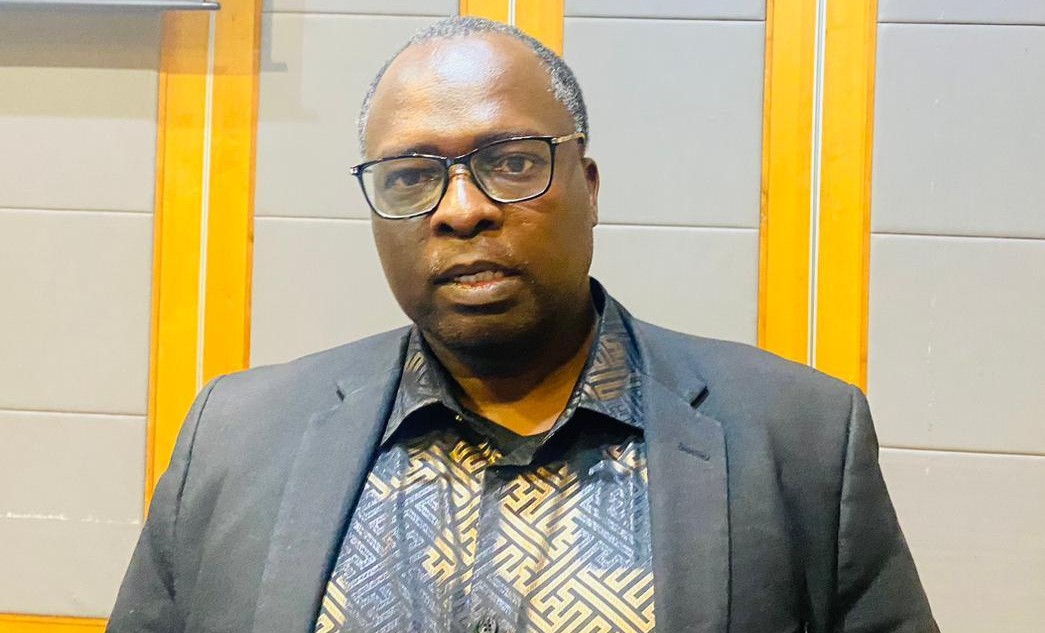89% of Malawians Believe Country is on Wrong Economic Path: Afrobarometer
March 14, 2024
Written by Bester Kayaye
Amid enduring economic struggles exacerbated by global crises and domestic factors, a recent Afrobarometer survey, in collaboration with the University of Malawi and the University of Nairobi, sheds light on a pessimistic outlook among ordinary Malawians.
The survey unveils a stark view of the nation's economic trajectory, with a vast majority expressing discontent with the government's performance and minimal optimism for near-term improvement.
Malawi's socio-economic landscape presents a paradox of potential and challenges. Despite abundant resources and human capital, poverty, unemployment, and limited access to crucial services persist, hindering progress.
Recent disruptions, including the COVID-19 pandemic, the Russia-Ukraine war, and Cyclone Freddy, have exacerbated conditions, leading to soaring inflation, petrol and foreign currency shortages, and significant devaluation of the Malawian kwacha.
The survey finds that almost nine in ten Malawians (89%) believe the country is veering in the wrong direction, marking a notable surge from previous years. Economic conditions loom large, with 85% describing the situation as "fairly bad" or "very bad," and 74% expressing similar sentiments about personal living conditions.
Looking forward, merely 16% of respondents anticipate improvement in the next 12 months, while a staggering 63% foresee further deterioration.
Criticism towards the government's economic stewardship is widespread, with over eight in ten citizens rating its performance as "fairly badly" or "very badly." The report emphasizes, "Negative assessments of the country's direction are most common among rural residents (90%) and younger respondents (90%-92% of those aged 18-45). They increase with respondents’ experience of lived poverty, ranging from 83% of better-off citizens to 92% of the poorest."
Key economic indicators, such as price stability, income equality, poverty alleviation, and job creation, receive notably negative evaluations. Consequently, economic management emerges as the top priority for government intervention, cited by 56% of respondents.
At the household level, the survey underscores the persistent impact of economic hardships, with a majority facing frequent shortages of basic necessities. Cash income stands out as the most pressing concern, with 93% of respondents reporting income shortages at least once in the past year. Food scarcity, inadequate medical care, and limited access to clean water and cooking fuel compound the challenges.
"For Malawians, the most frequent unmet need is a cash income: More than nine in 10 respondents (93%) say they went without an income at least once during the previous year, including 63% who say this happened 'many times' or 'always'."
As Malawi grapples with multifaceted challenges, including global economic uncertainties and internal governance issues, citizen voices underscore the urgent need for concerted efforts to tackle economic woes and enhance livelihoods.













